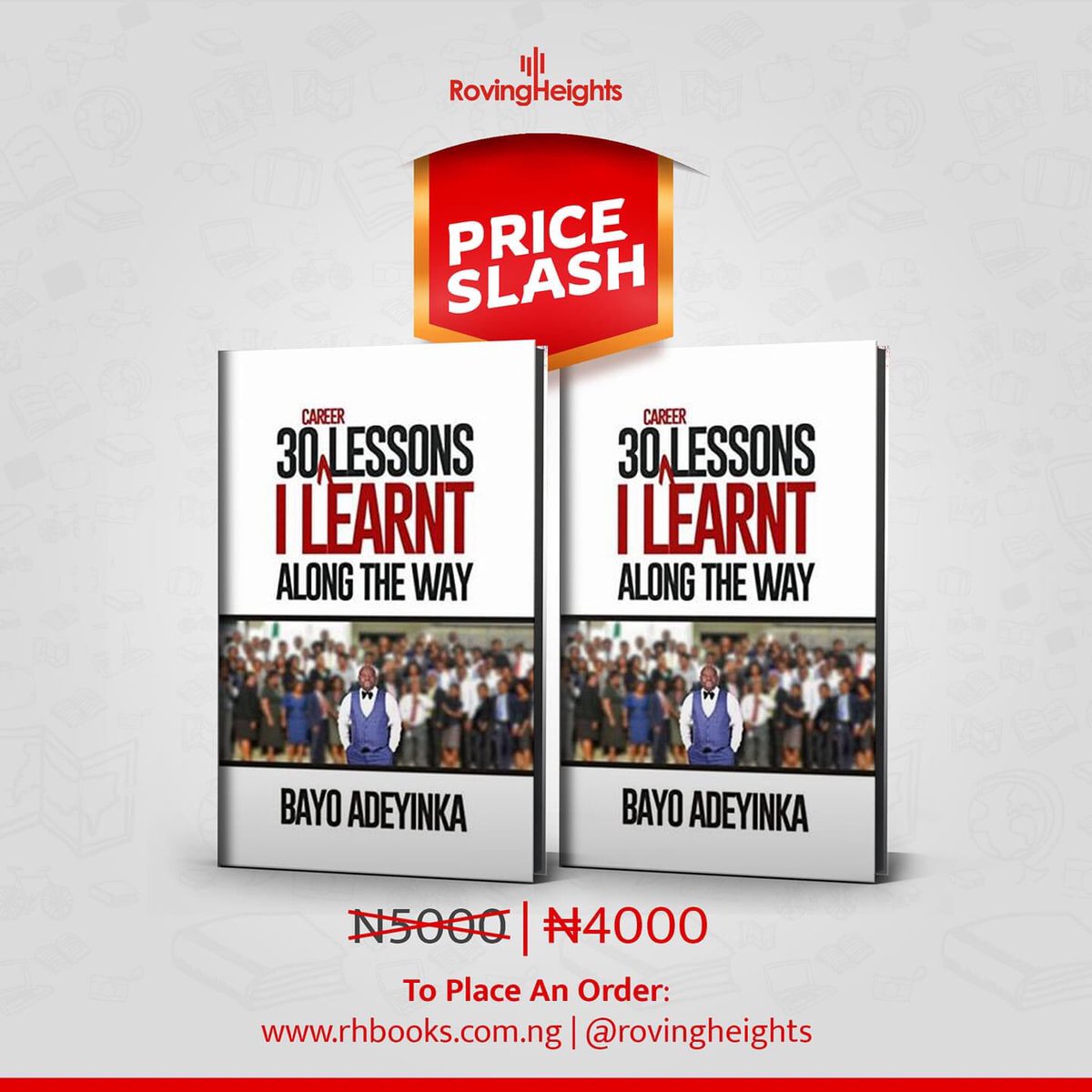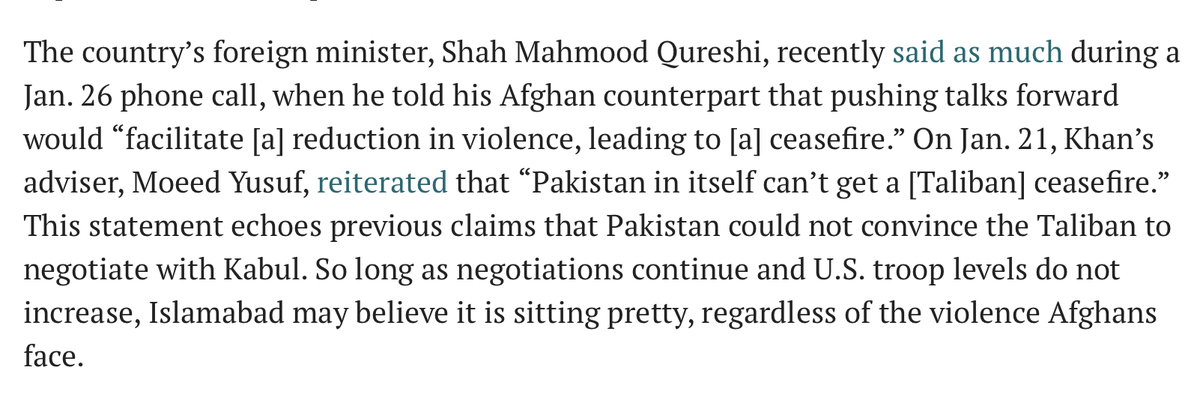Overtime, people sent parcels through the drivers to different destinations. The company saw an opportunity and started a courier and logistics company.
As the very courteous staff of the courier company attended to me, I saw her bring out different cartons to pack the items I was sending out. Several parcels were everywhere packed in those cartons.
I whispered to myself that production of packaging is another line of business that this company should go into- if it is not already into it. The company will produce for its own use-rather than buy from others- and also sell to other users of packaging materials.
From transport to courier to packaging- this is a simple explanation of value-chain activities.
To make the best out of a struggling economy or one in recession, you must apply the law of the value chain. A value-chain mindset puts you ahead because you’re thinking ahead. Not all aspects of a value chain can be in recession at the same time.
If a segment experiences bust, there’s a likelihood another segment is experiencing boom. Value chain also provides an easy way to have multiple streams of income.
If you run a school, look at the value chain opportunities. You can also sell school kits and uniforms. You can sell books and instructional materials. You can sell educational toys. You can have buses that can do school runs for schools who can’t afford buses.
Your finances will not be restricted to the vagaries of the school calendar alone if you maximize the value chain opportunities.
You can also use this value chain thinking to look at an industry holistically so as to identify those you intend to serve. Let me give an example. Let’s choose the popular ‘okada’ technician. Right beside the okada technician is a vulcanizer.
The vulcanizer sees the needs to serve those who bring their ‘okadas’ to the technician. Around that workshop, is that Mama Put (usually a woman who sells food inside a wheelbarrow or a contraption).
Then you have those selling oil and lubricants. You have those who sell the reflector jackets and the graphic designers who write on them. People who sell helmets. And the people who ride the okadas.
You also have those who import the CKD (completely knocked down) parts and assemble them locally. That’s the okada value chain.
To understand how the value chain of your sector works is to understand the immense opportunities that you can leverage on. During the lockdown, I spoke as a guest on an Instagram Live show of a music artiste where I broke down the music value chain.
Most music artistes in Nigeria just release an album, have a few concerts and set up a studio to record sessions and they think that’s all. I spoke about how they can make jingles for production. Song composition or being a lyricist is one area we don’t cover much here.
You can write songs for other people. Or just score the music. You can have a recording label. You can be a producer. Or be a music or sound engineer. You can have music instruments for rent. You can sell music CDs in retail outlets. Or distribute like those ‘Alaba’ boys.
You can be an event promoter or offer on-demand/live music streaming services. You can run a music blog. Or produce podcasts. You can make ringtones. The music value chain is so huge.
Thinking value chain will give you a competitive edge. It makes you see areas where you can scale up or how you can maximize unexplored opportunities. If your business is struggling, look at the value chain opportunities and move up or down as required.
Bayo Adeyinka
By the way, do you have my books? You can get them by sending a DM to
@Rovingheights . They’ll be delivered directly to you.
@threader_app unroll























